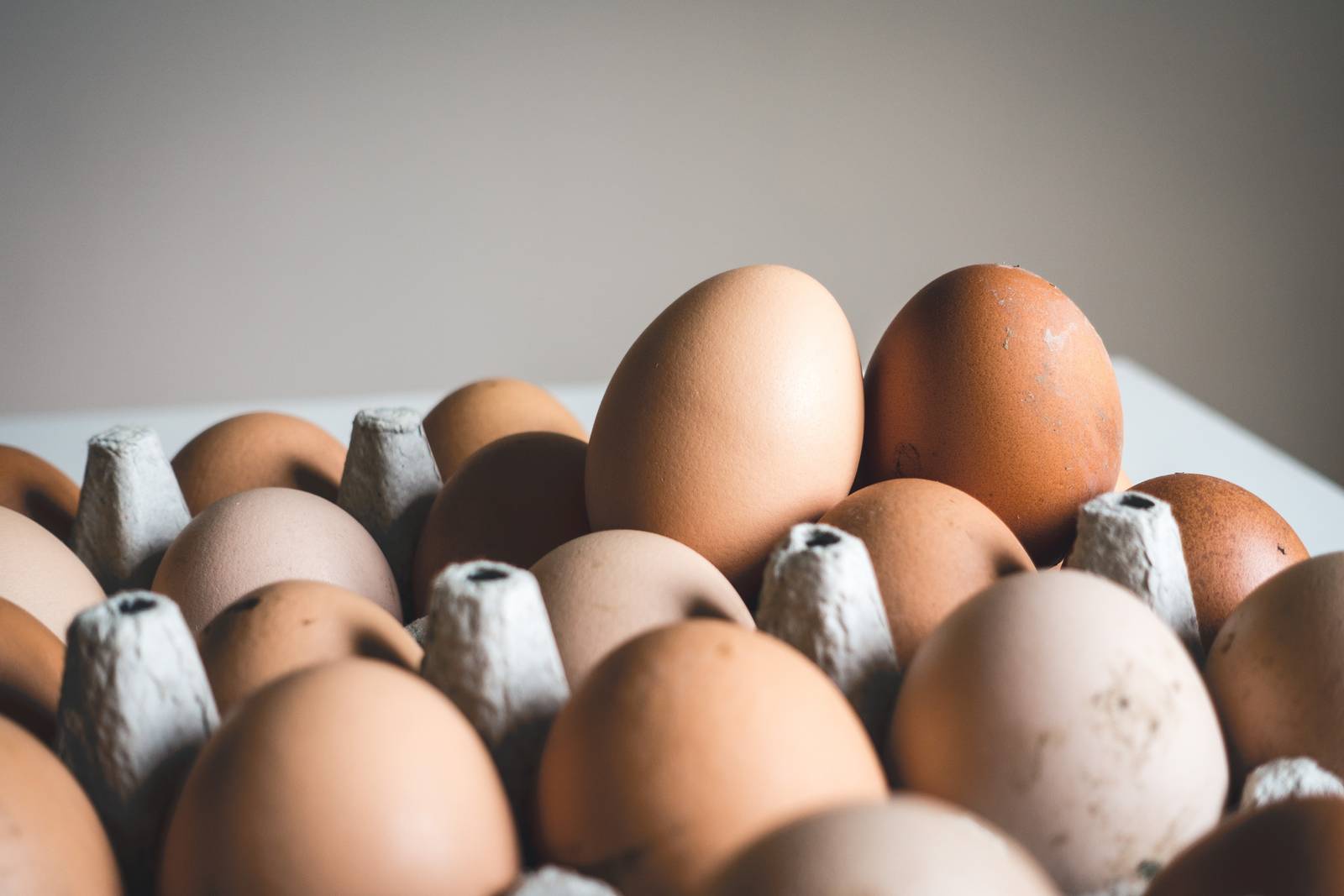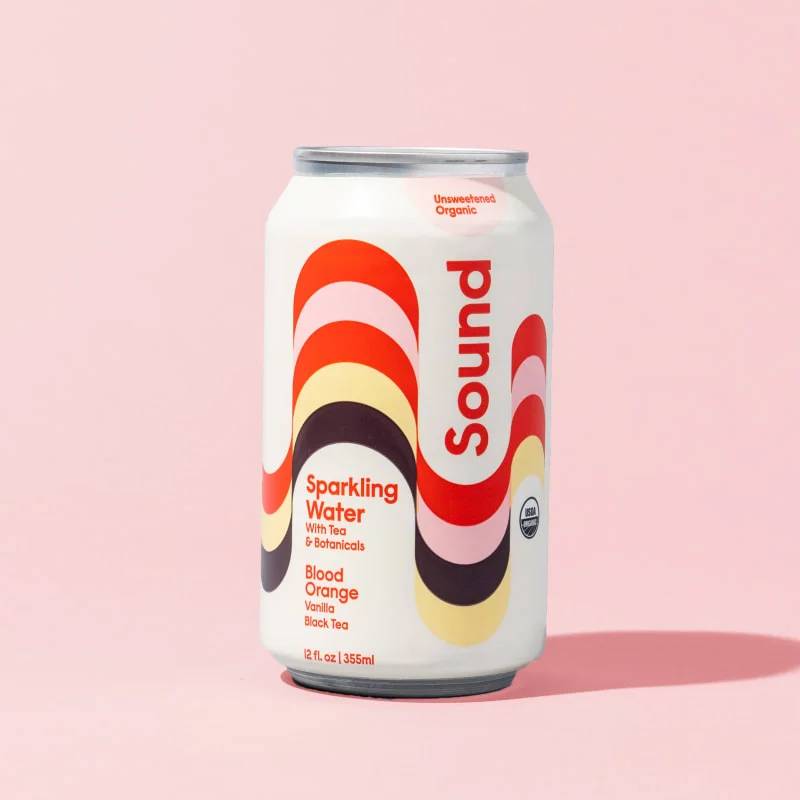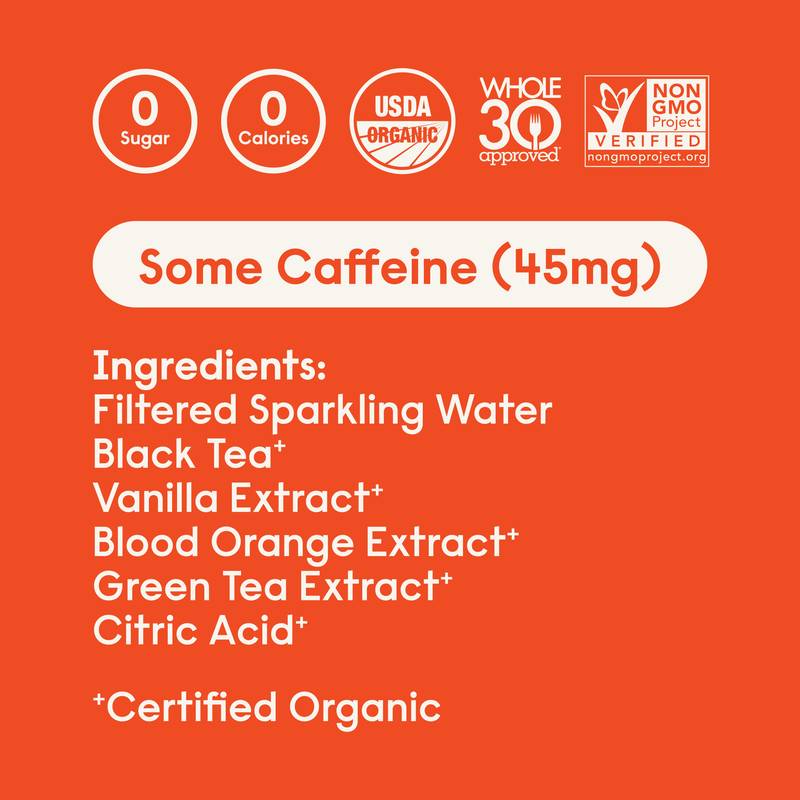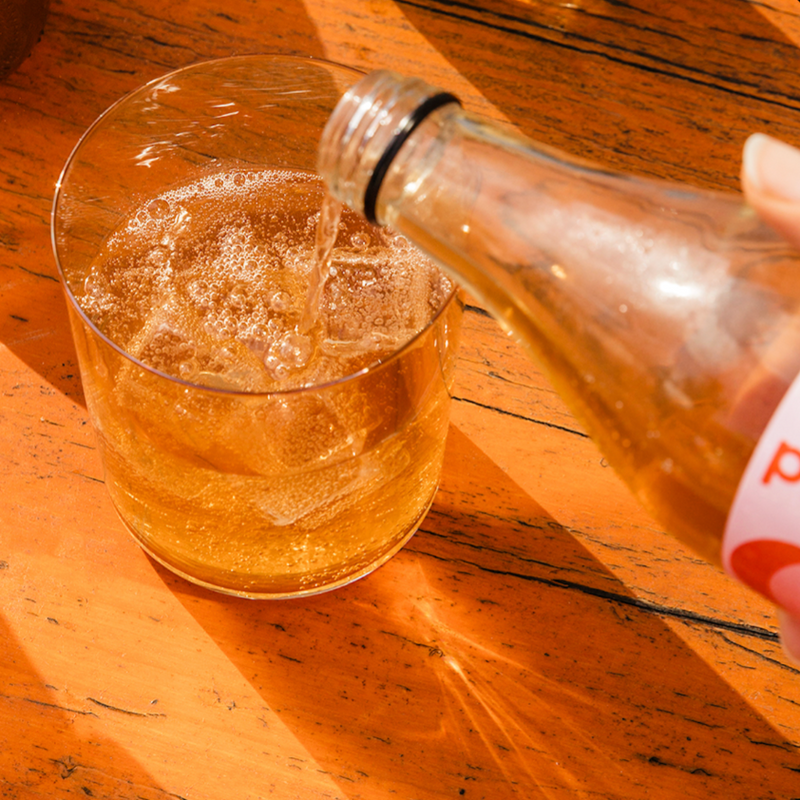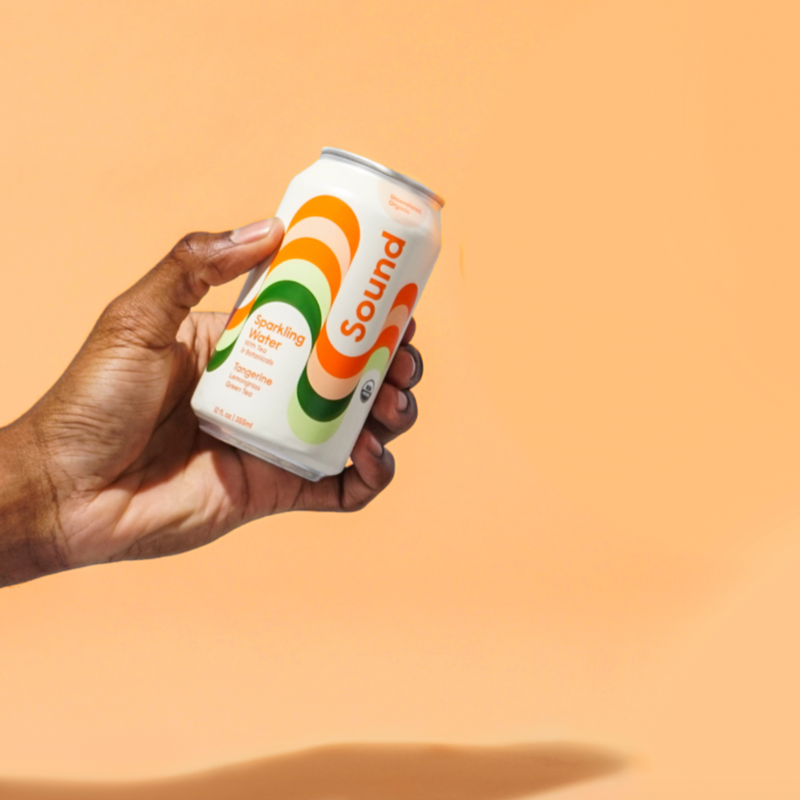When you used to walk into a grocery store, there were just eggs. Eggs in white plastic cartons without too much of a description. These days, there is an almost overwhelming variety of options to choose from and they all sound decent. Cage-free or free-range — sounds pretty nice. Pasture-raised — even more so. Omega3-enriched — those must be good right? When you dig a little deeper, the answer is actually pretty clear that Organic, Pasture-Raised eggs are the best option for our health as well as that of the hens and of our environment. The other categories sound nice but a lot of that is marketing.
I had the pleasure of interviewing Matt Sherman, Chief Marketing Officer at Handsome Brook Farms, who filled me in on why pasture-raised matters. As a little background, Handsome Brook Farms is a group of over 75 small family farms that work together within this sustainable food system that creates beautiful, pasture-raised eggs. HBF eggs are both USDA Certified Organic and American Humane Certified.
Before we dive into our interview, I wanted to briefly share the difference between cage-free, free-range & pasture-raised eggs.
Cage-free simply means that the hens are not in cages. It does not mean they have access to the outdoors, because frankly, they don’t. They still tend to be overpopulated in a small barn, with practically no room to move. Sounds like a cage to me?
Free-range may be a little bit better, because in this case, the hens do have a bit of access to the outdoors but it’s often very little and the hens are on a limited time frame. According to our friends at HBF, each hen gets only about 2 square feet of space to “roam” (can you really roam on the equivalent of a standard chair cushion?!) and it’s not necessarily grass, aka it is probably pavement, and who wants to hang out on pavement all day?
Pasture-raised means that each hen has access to at least 108 square feet of land all day. So for the 400 hens at a farm at Handsome Brook Farms, they have at least an acre of land to enjoy all day. Because the farms rotate, that space changes. They have little nests inside to sleep and stay protected in the evening. Sounds lovely.
Pastured hens eat real foods – legumes and grass – as compared to pre-prepared food that is often primary consistent of grains that are usually genetically modified and treated with pesticides. As a result of their more balanced, whole food diet, these hens produce eggs that have been found to be richer in incredible anti-inflammatory nutrients like vitamin A & E, and the highly sought after (nut typically underconsumed) omega-3 fats. A 2010 study found that eggs from pasture-raised hens had double the vitamin E and more than twice the omega-3 fats, as compared to eggs from caged (or conventional) hens. Hens that spend more time outside seem to also yield eggs with higher vitamin D levels too; we know this nutrient to be beneficial for bone and immune health. Not only do we benefit, but the hens apparently thrive and are happier (not too surprisingly though, right?!) in a pasture vs conventional (aka caged) setting.
You might be wondering: how about organic, and omega-3 enriched eggs?
Certified Organic means that the hens and the food they eat (whether it’s pre-made or the grass on the ground) meets Certified Organic guidelines, so it’s free of chemical pesticides, GMOs and antibiotics.
Omega-3 enriched is an interesting one that IMO is a huge marketing ploy that’s easy to fall for. It’s pretty general knowledge that omega-3’s are good for you and that we don’t eat enough of them, so eggs enriched with omega-3’s?! MUST be amazing. Short answer: they’re not; they’re typically conventional eggs fed GMO grains sprayed with pesticides with a little addition of omega-3s like from flax. The amount of omega-3 varies depending on the brand too, with the apparent most popular brand having only about 125mg.
LK: Matt - thank you so much for taking the time to chat with me today. I am so excited to learn more about Handsome Brook Farms (HBF) and the whole process to create pasture-raised eggs that we buy in our local stores. I wanted to start out by learning more about the company. When did HBF start & were the eggs always pasture-raised?
MS: The company actually started at a bed and breakfast in Oneonta. The founders had a farm stay with a bed and breakfast with sheep and goats on the premise. Guests loved the taste of the eggs. The chickens at their farm were out foraging, eating bugs and grasses. To the surprise of the founders, cage-free and free-range hens were not offered that luxury, which one might have assumed.
The founders began selling their eggs at the local farmer’s market and eventually started contracting with local farmers to built and raise hens that adhered to what they felt was ‘pastured.’ Remember that in 2007-2011, there was no standard for pastured. Their focus was for the hens to be outdoors. At that time, unfortunately, most eggs were from hens that had been living indoors.
In 2013, the HBF founders hosted a guest at their farm who just loved the eggs so much, saying they were like nothing he had ever tasted. He told the founders that if they could just put a supply chain behind this, they could deliver delicious eggs to people in a way that is more sustainable. That gentleman returned to buy half the company! After that, the company became more mission-driven, with a focus not only on what is good for the hens and the taste of their eggs but also for the planet. I like to point to 2013 as that major turning point. In 2016, HBF brought on additional investors and the original founders retired at the end of last year.
LK: What are the primary benefits of pasture-based farming?
MS: There are 330 million hens in the U.S. flock and they produce 8.5 to 9 billion eggs 🤯 There is a hen for every man, woman and child in the U.S. So it’s a massive business and for 125 years, that business has been about: how do we produce more eggs more efficiently. Egg production went from having a handful of chickens in your backyard to bigger farms, and then a controlled environment (bringing them indoors, away from external predators, feeding them all the same thing). This led to being able to produce eggs much more affordably. However, the crowded environment these eggs are living in can increase their need for antibiotics and definitely are not leading to happy hens. The broader idea of pasture-raised and humane principles somewhat evolved from this.
LK: So is choosing pasture-raised eggs enough? I notice that HBF eggs are also USDA Certified Organic.
MS: Pasture-raised without organic is not enough and organic without pasture-raised is not enough. This is because without the organic certification, the feed and ground can be sprayed with pesticides, and then the pasture-raised hens are eating that. USDA Certified Organic also restricts against the use of antibiotics.
LK: Have you seen an interest in pasture-based farming increase? I feel like it’s become a pretty popular topic these days.
MS: People are beginning to value where their food comes from more, which is definitely a net positive. The trick is: do they understand what these words actually mean? Grass-fed, grass-finished, free-range. It’s confusing. My favorite is “laid in nest.” How do you educate consumers on what that means? (laughs) We talk a lot about this. Consumers are very binary — is it cage or cage-free? We are trying to show that your eggs are either pasture-raised or their not, organic or their not. You can’t be a little bit free. You’re either all the way free or you’re not. Anything below pasture-raised, organic is only a little bit free.
*I love HBF’s graphic of this on the inside of their box, see below.

LK: I learned that HBF is evolving when it comes to including Regenerative Farming. How did this come to be?
This is one of the newer pieces of our program that we’re very excited about. In the beginning of 2019, we started this piece of the program. We have 80 small farms, 80 different barns & 80 different pastures, so the first step is to look at all the pastures. Some of them are grassy spaces that are wide open and others are more densely forest. Hens like a mix of both but actually really like the forest; there, they are protected from predation in the sky like hawks. It began to become a process where we want to build the most sustainable and beneficial environment for the hens and for the Earth. We started looking and replanting and reforesting, piloting these programs in Kentucky and New York. We are going farm by farm & farmers by farmer to better understand their needs and how we can help. Regenerative farming reduces soil erosion and water run off. And its better for the hens when it comes to food quality. If you’re living in a healthier environment, it’s better for you. We believe that what is beneficial for hens is also beneficial for their eggs, the farmers, and for the Earth.
